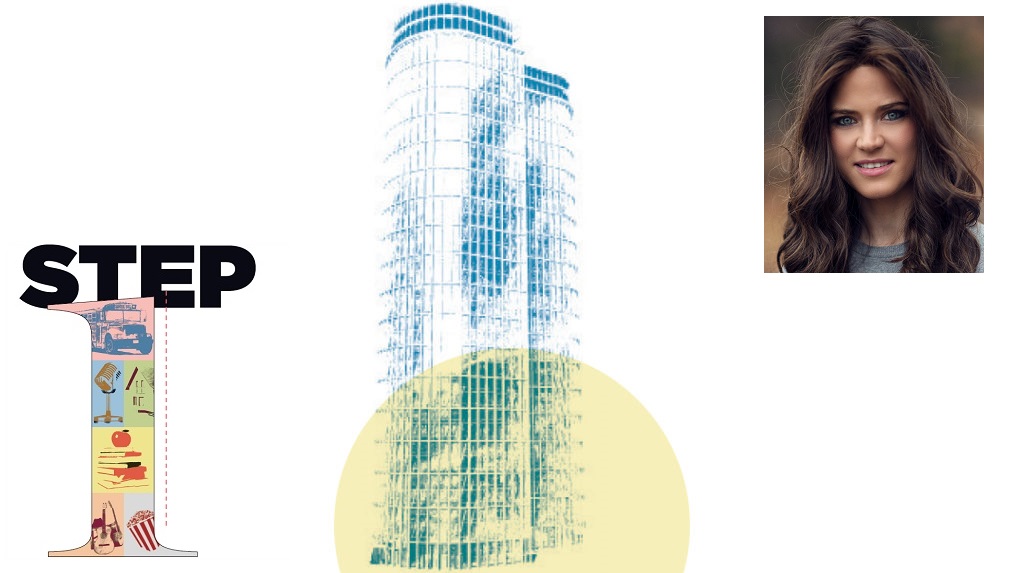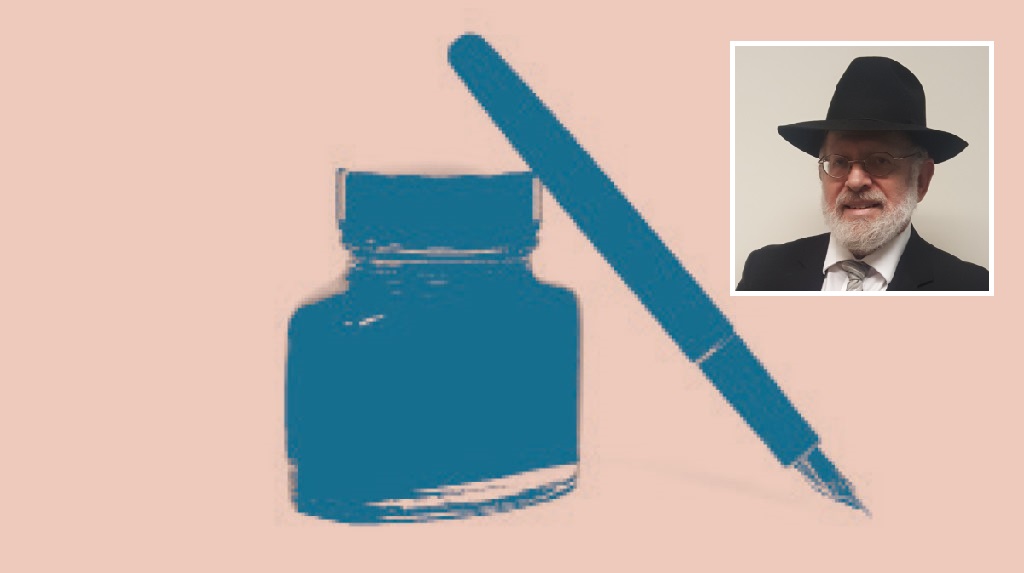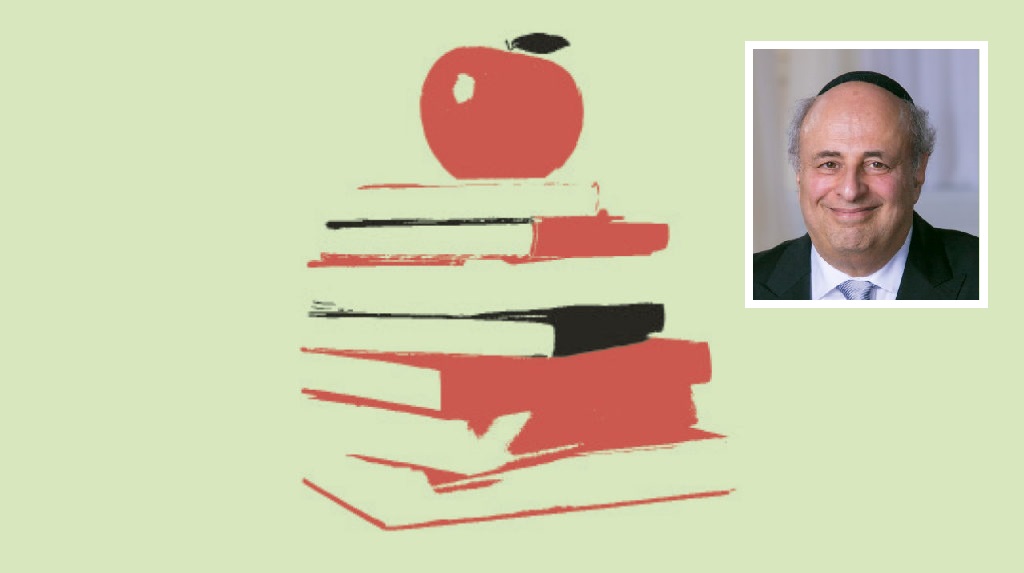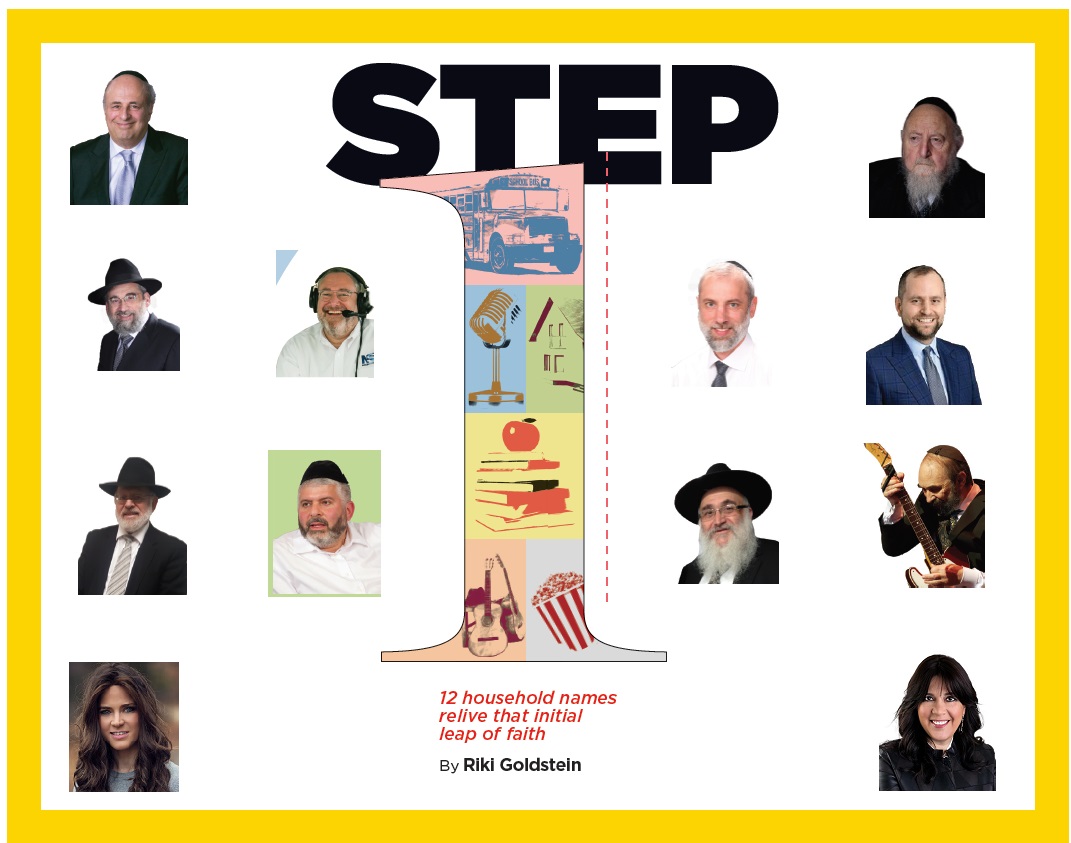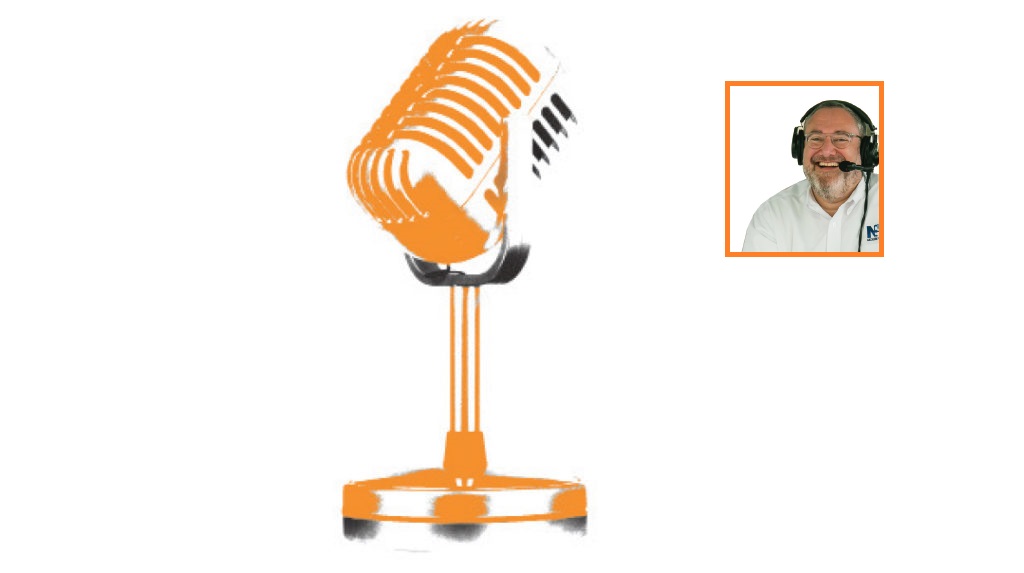Keeping It Happy
| September 29, 2020Today they’re household names, but it started with a leap of faith: “These guys had so much energy and kavanah, so much warmth and spontaneity"
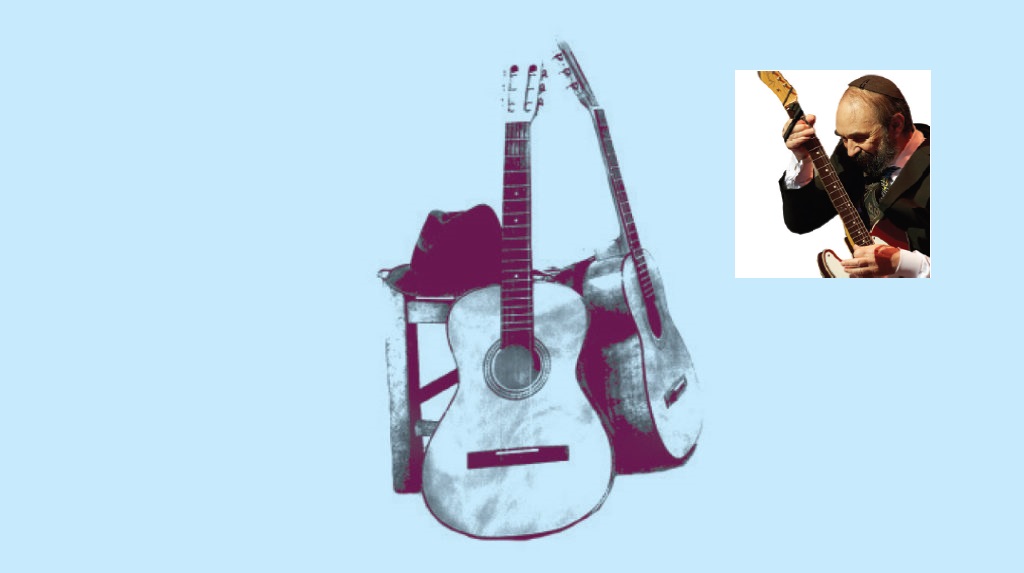
I

My mother and my aunt were going to Israel for a bar mitzvah, and I found myself on a plane with them. Beyond my own bar mitzvah, I didn’t really have any connection to Jewish observance, but there, in the most beautiful place I had ever laid eyes on, spirituality stirred within me. I ended up at the Kosel, putting on tefillin. I asked Hashem what I was here for, and within a few weeks I’d found my way to yeshivah.
I wound up staying in the Diaspora Yeshiva on Har Tzion for 12 years, and during that time I met other talented guys who wound up in the yeshivah as well, and we’d jam together.
Motzaei Shabbos was our time for music. We would go to the kever of Dovid Hamelech, adjacent to the yeshivah, and play what we called King David’s Melaveh Malkah. There wasn’t that much to offer in the Jewish music market then, so students, tourists, and Israelis heard about those jam sessions and piled in. During the summer tourist season we could have 800 people packed in there. Our rosh yeshivah, Rav Mordechai Goldstein ztz”l, understood us and facilitated our musical self-expression.
Word got around about those Motzaei Shabbos concerts, and in December 1975, we debuted as a 15-piece troupe in Jerusalem’s Beit Ha’am theater.
From those beginnings, I carved out a steady six-piece band with other rotating musicians — these guys had so much energy and kavanah, so much warmth and spontaneity. Our material was a combination of our own material — written by me, my brother-in-law Rabbi Moshe Shur, Benzion Solomon, and others. We sometimes threw some Carlebach into the mix, but that wasn’t really what we were about.
And that’s how we became known as the Diaspora Yeshiva Band. Our first big hit was at the Israel Chassidic Song Festival, which we were invited to in 1977. We entered a song which my brother-in-law and I wrote, called “Hu Yiftach Libeinu,” and went all out with choreography and an orchestra — and we won first prize.
Just weeks ago, I walked into a supermarket here in Baltimore with my mask, and there were musicians near the entrance, playing the vintage Diaspora “Ivdu Es Hashem B’simchah.” I think we can discover the cure to a lot of things if we can learn to really be b’simchah.
Avraham Rosenblum, composer and musician, was founder of the Diaspora Yeshiva Band, and has continued the legacy by organizing reunion concerts and albums.
(Originally featured in Mishpacha, Issue 830)
Oops! We could not locate your form.






